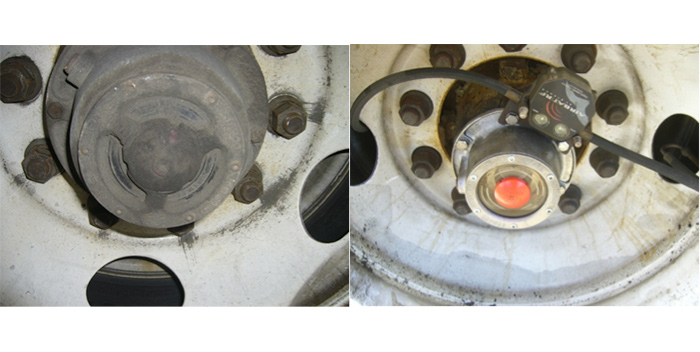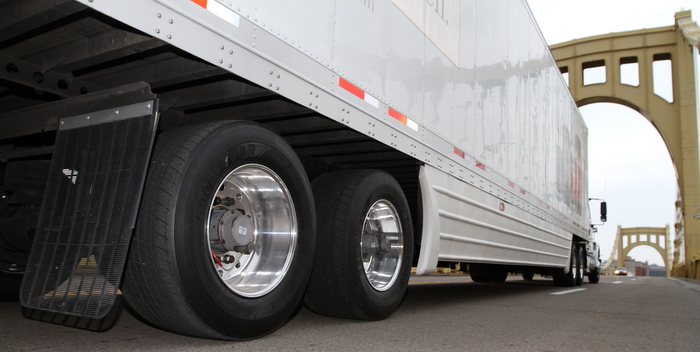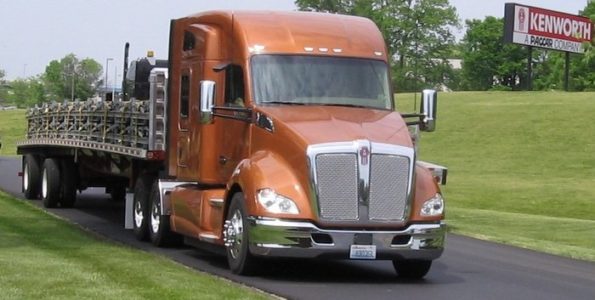Incentives that help defray the cost of certain types of fleet vehicles in certain areas of the country have been around for a while. For instance, recently there was the broad-reaching American Recovery and Reinvestment Act (ARRA) of 2009, which funded a broad spectrum of programs and has since expired. Currently, there is the California Air Resources Board (CARB) hybrid voucher project, which provides $15,000 to $30,000 off the purchase price of hybrid vehicles depending on GVW. In addition, funding is available from the Clean Cities Coalition, particularly in the areas of non-attainment.
Most recently (in June) legislation was introduced in the Senate that would provide tax credits of up to $24,000 to defray the cost of purchasing hybrid and electric heavy- and medium-duty trucks. Sen. Herb Kohl (D-Wis.) introduced the Hybrid and Electric Trucks and Infrastructure Act in June. Besides the tax break for vehicle purchases, the bill would provide credits for recharging and fueling infrastructure for electric and alternative-fuel vehicles, as well as for anti-idling devices, he said.
“The upfront cost to purchase hybrid or electric trucks—or to retrofit an existing fleet—is high,” Kohl said in a statement. “This credit provides the incentive to get those businesses off the sidelines.”
The bill, co-sponsored by Sen. Roy Blunt (R-Mo.), would reinstate a hybrid truck tax credit that was eliminated in 2010 and also expand it to include all-electric trucks.
According to the Senate legislation, the per-vehicle tax credit, which would not expire until 2015, would be based on the incremental cost of the truck, which the legislation defines as the difference between the vehicle and a similar vehicle without the fuel efficiency technology.
The more fuel-efficient a truck is when compared with a truck with a conventional engine, the larger the potential tax credit.
The Kohl legislation also extends until 2013 a tax credit for refueling and recharging infrastructure for alternative fuel and electric vehicles. That credit currently is in place but is scheduled to expire at the end of this year.
Lastly, the bill adds a new credit for anti-idling infrastructure, such as idling-reduction stations at truck stops and for anti-idling equipment installed on trucks, such as auxiliary power units.
That credit would last until 2013 and would be capped at $3,500 per device.
Rep. Sander Levin (D-Mich.) sponsored similar legislation in the House of Representatives in the previous congressional session, but it was not approved before the end of the session. A Levin spokesman did not return a call before press time asking if he would sponsor similar legislation again.
At the present, federal and state governments are interested in promoting alternatively fueled vehicles with incentives, but these incentives will not be around forever.









